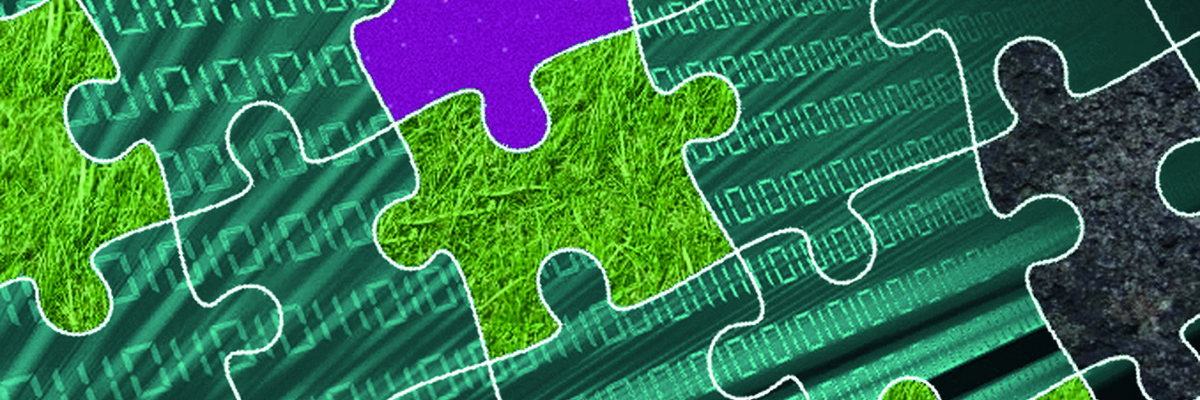
1. Hopes and Risks of the Digital Era
RESEARCH PROGRAMME
HOPES AND RISKS OF THE DIGITAL ERA
COORDINATOR
doc. RNDr. Barbara Zitová, Ph.D.
Institute of Information Theory and Automation of the CAS
GOALS
- To develop new procedures in mathematical modeling of complex processes
- To develop algorithms for analysis of multidimensional signals and statistical data
- To research into and push forward the frontiers of computer capabilities
- To discover dependencies and causal relationships in time series
Participating CAS Institutes
Institute of Information Theory and Automation
Institute of Mathematics
Institute of Computer Science
Institute of Geonics
Astronomical Institute
Institute of Philosophy
Institute of Psychology
Institute of Physiology
Cooperating partners
Institute for Clinical and Experimental Medicine
National institute of Mental Health Czech Republic
Škoda Auto, a. s.
Cisco Systems, s. r. o.
Police of the Czech Republic
AVAST Software, a. s.
Ministry of Finance of the Czech Republic
Czech and foreign universities and other institutes
The coming digital era is accompanied with the ever growing deluge of data collected and processed in the form of digital signals. Electronic communication, modern methods in medicine, and data for economic and sociological studies are all based on this principle. If the flood of data should not engulf us but, on the contrary, become an important source of knowledge enriching our lives, we need tools of mathematics and computer science which enable us to sort and analyze data more efficiently and search for inherent relationships, with the aid of which we can reliably predict future developments. Today we take it for granted that medical instruments determine the required support levels of vital functions, cellular phones try to guess users‘ intentions and give them hints, cars are being equipped with elements correcting drivers‘ imperfect decisions, intelligent buildings adapt themselves to the environment, and automatic systems look after distribution of water and energy. A significant portion of our life is connected with the Internet, from shopping to banking services to communication with the authorities. Computers control power plants, transportation systems and medical instruments.
The general public‘s opinion is that the main key to further improvement of such equipment and systems is, above all, development of technology, including software. However, this idea is right only partly since technology is merely the means of delivery and the real key has to be looked for one level higher. Practical applications are based on mathematical models, and the latter can only describe a part of reality. Hence they have to be continuously verified and refined. A necessary prerequisite for this process is development of new theoretical tools that extend the frontiers of knowledge and enable us to analyze, understand and model the natural and social phenomena and processes. As an example we can mention fluid flow, employed in a wide range of areas from meteorology to blood flow in veins, behavior of materials in machinery, design and operation of deep geological repositories of nuclear waste, creation of fast and reliable algorithms for data processing and coding, error estimates in technical computations, cryptography in Internet communications, as well as other methods for protecting information and revealing relationships in long series of data and phenomena. All of these, and others, inspire new findings in a number of sciences.
Website of the programme